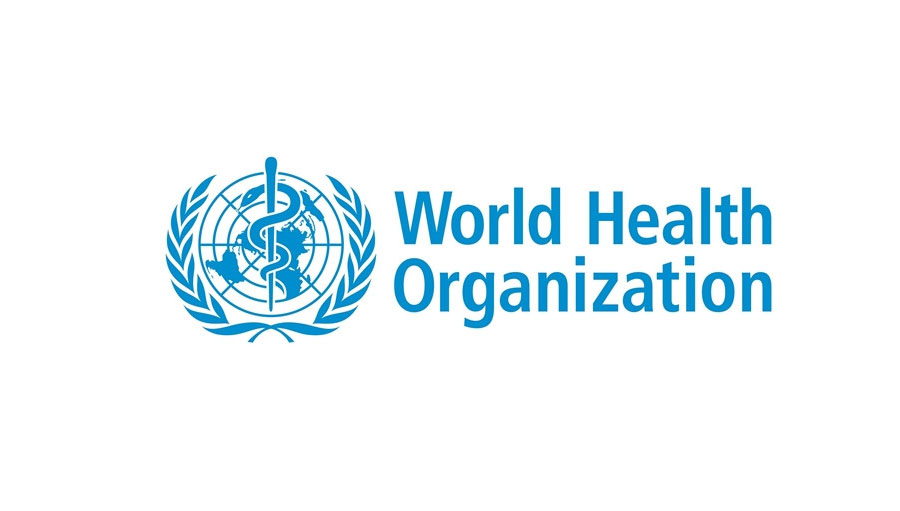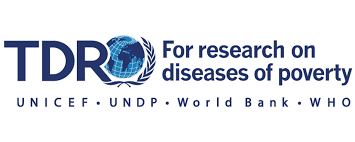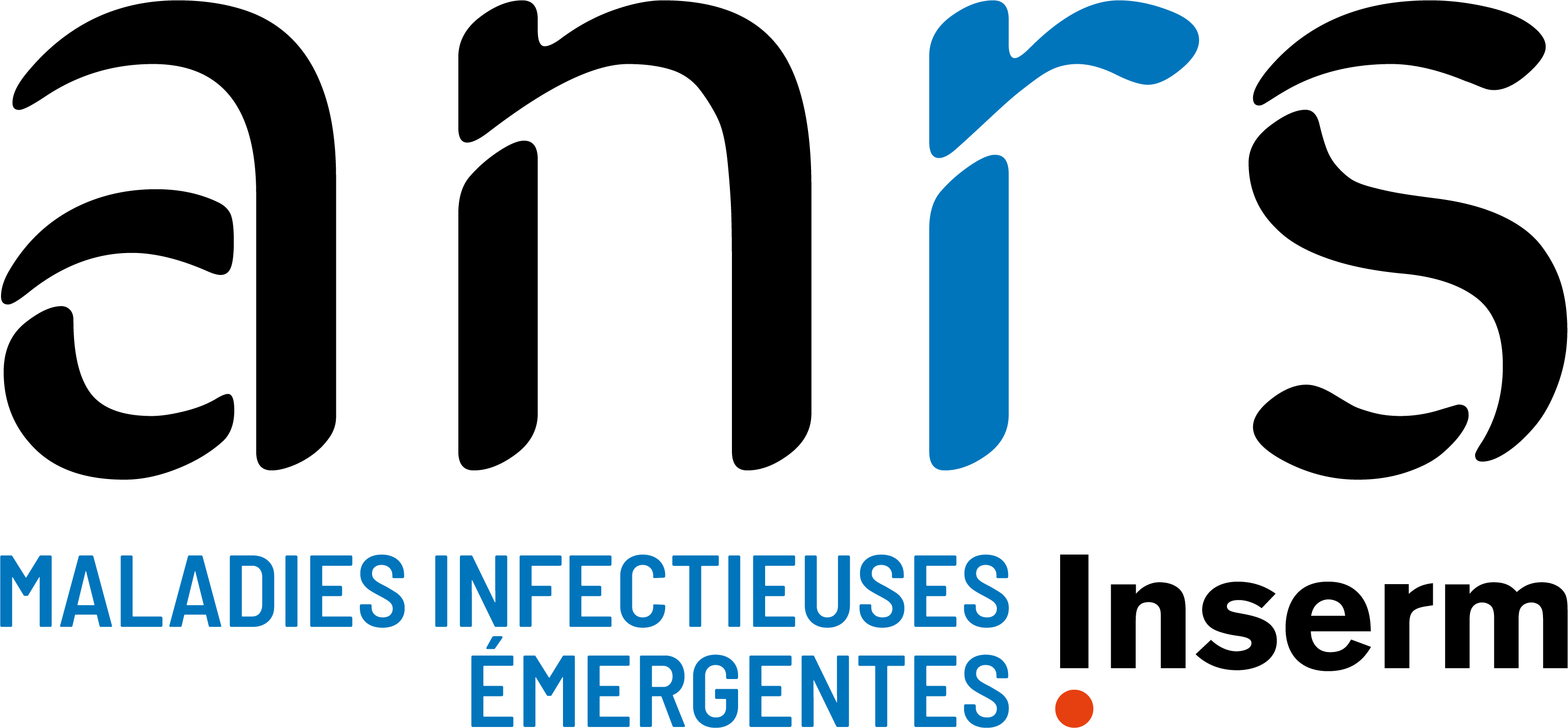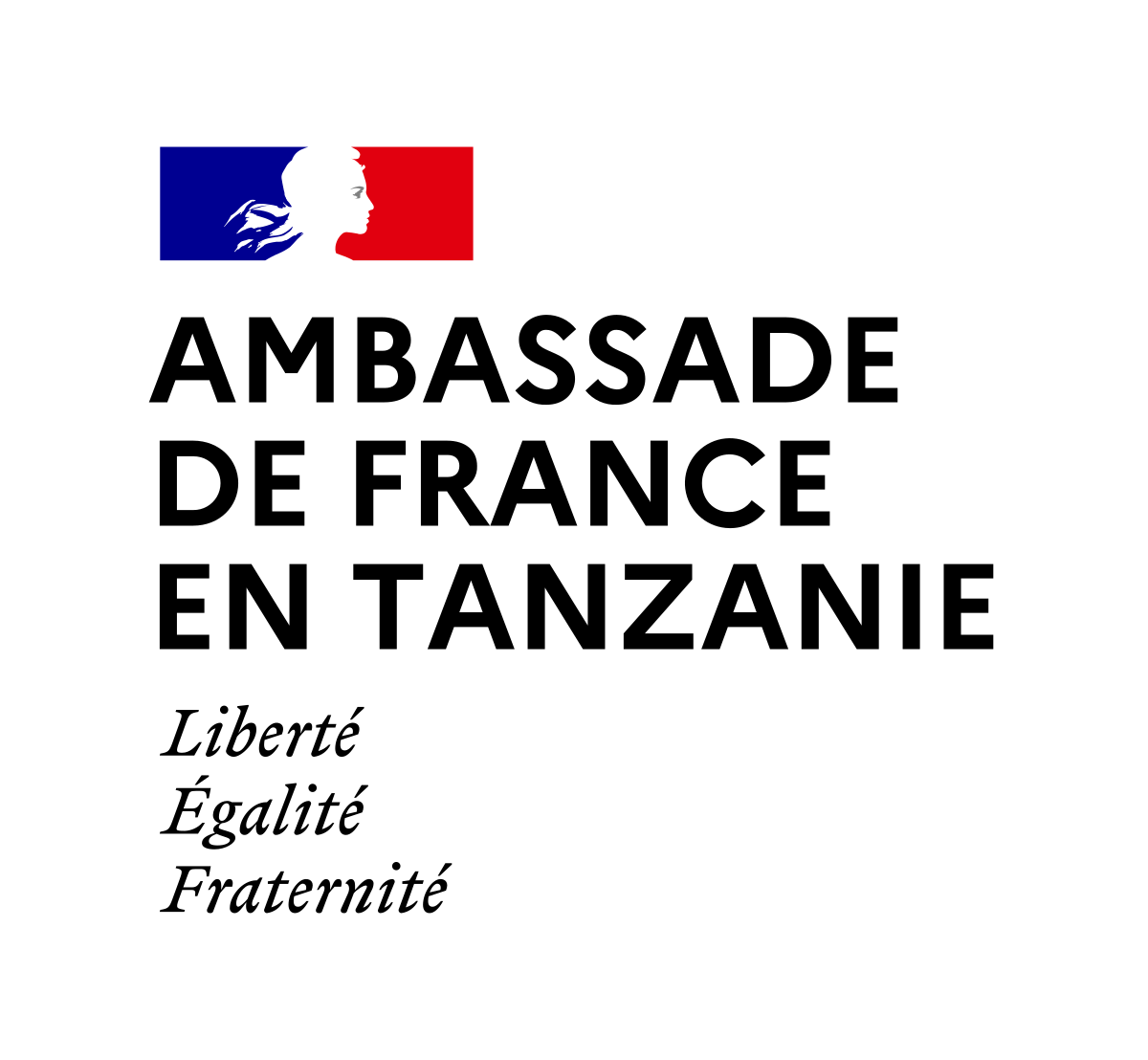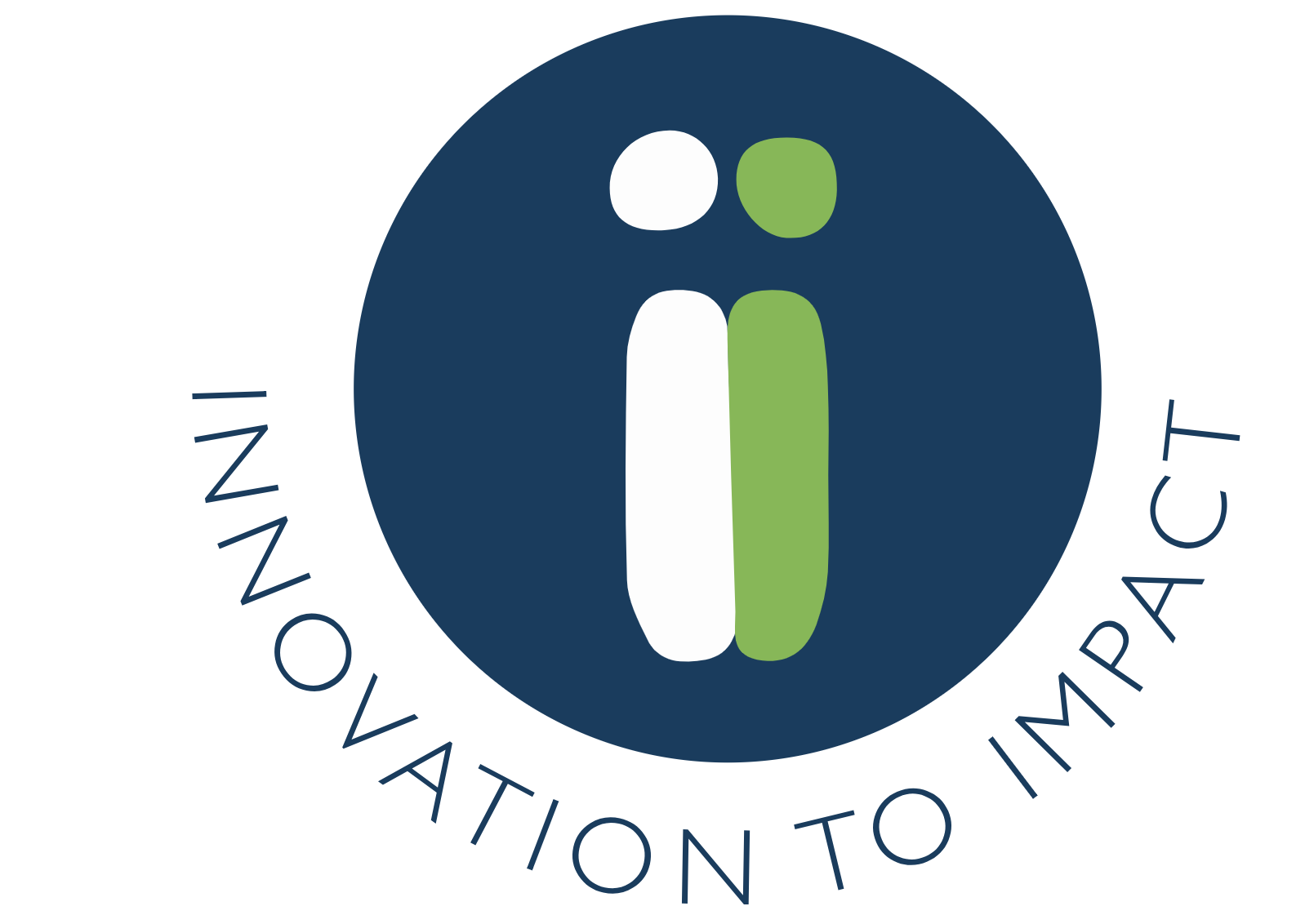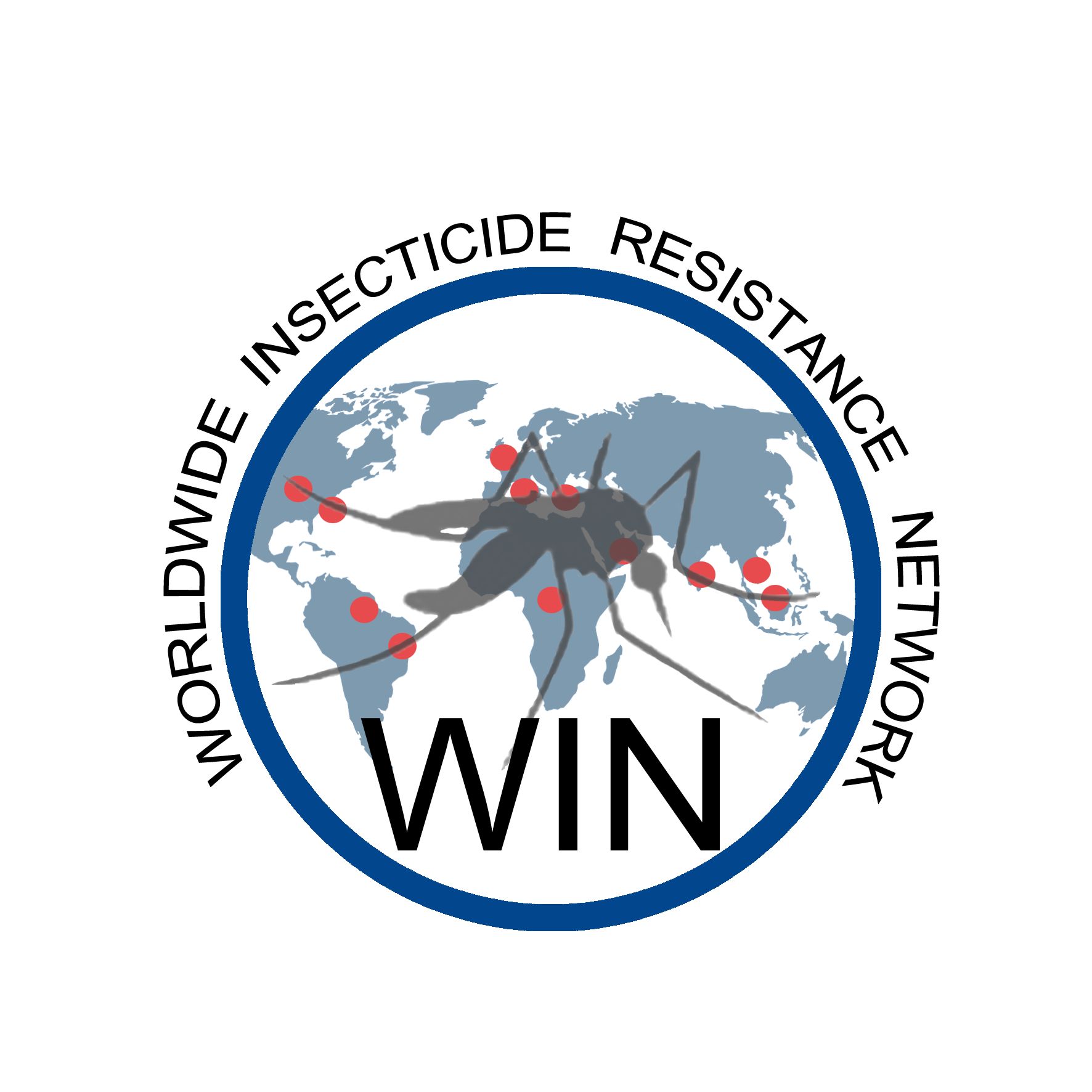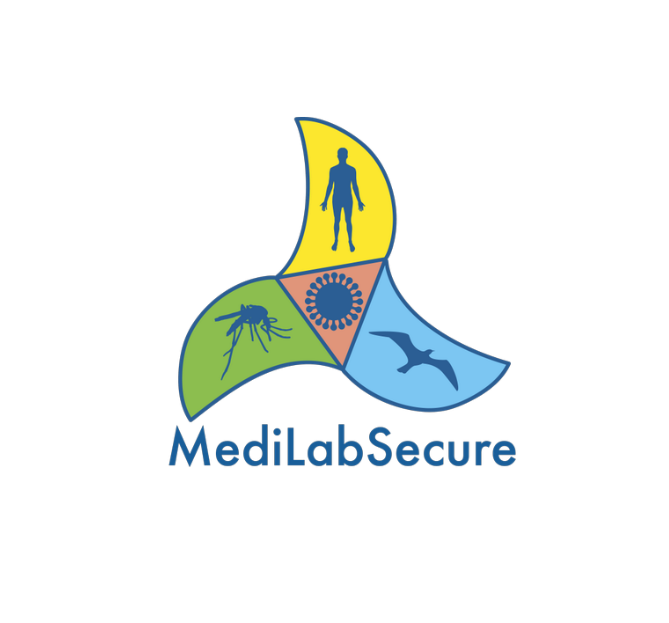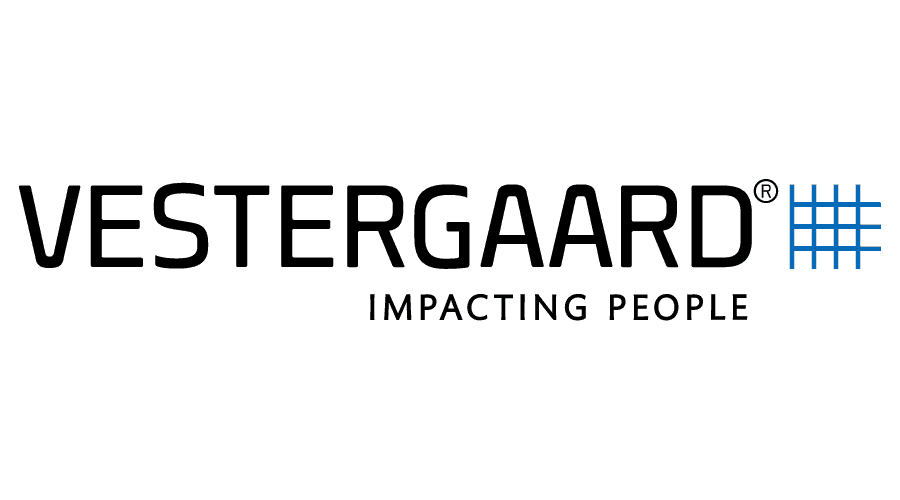
The 1st INOVEC International conference
“Advances in Surveillance and Control Methods for Aedes-Borne Diseases and Urban Vectors."
“Advances in Surveillance and Control Methods for Aedes-Borne Diseases and Urban Vectors."
26 - 28 August 2024
Four Points by Sheraton, Dar es Salaam, Tanzania
Jennifer Stevenson, and others
Free
Ifakara Health Institute and Institut de Recherche pour le Développement (IRD) are thrilled to announce the inaugural joint international conference on “Advances in Surveillance and Control Methods for Aedes-Borne Diseases and Urban Vectors." This event is organized with support from the European INOVEC project.
This conference will serve as a pivotal forum for the exchange of ideas within the scientific community, welcoming researchers, students, academia, public health professionals, stakeholders, donor agencies, industry representatives, and international organizations dedicated to combating vector-borne diseases (VBDs).
The conference will be organized around three key themes: the Biology and Ecology of Aedes Vectors, Integrated Approaches to Vector Control, and Innovation in Vector Control.
The aim is to cultivate collaboration, critically review existing evidence, establish new networks, mobilize resources, and advocate for both fundamental and translational research, to ultimately mitigate the global burden of vector-borne diseases.
We invite all interested participants to contribute by submitting abstracts via the >> Abstract Submission Form. The deadline is the 17th of June 2024.
**Disclaimer**
Please be aware that space for in-person attendance is limited, and your registration will need validation from the organizing committee. The final decision will be communicated by the end of June. Thank you!

Dr. Velayudhan, MSc, PhD, serves as the global focal point for dengue prevention and control and Integrated Vector Management at WHO, where he coordinates arboviral vector-borne disease control activities. He supports the Vector Control Advisory Group's secretariat and was honored with the WHO DG’s Award for Excellence in 2017 as a member of the Zika incidence management team. With over 45 peer-reviewed publications, Dr. Velayudhan has led the development of numerous WHO documents and guidelines, including the dengue guidelines, the global strategy for dengue prevention and control, the handbook on Integrated Vector Management, the Global Vector Control Response (2017-2030), and the Global Arbovirus Initiative.

With over 20 years of experience in medical entomology, he has worked in Africa, Asia, and South America. In 2016, he launched the WIN network, supported by WHO NTD & TDR, to assist member states in timely insecticide resistance surveillance and vector control strategies. Building on its success, he initiated the WIN-SA network with Fiocruz to coordinate insecticide resistance research in South America. Since 2023, he has coordinated the EU-HORIZON-MCSA INOVEC consortium to develop and promote new tools for the surveillance and control of emerging arbovirus vectors in Europe and beyond.

Tanzanian vector biologist with nearly 15 years of experience in vector control programs, focusing on mosquito vectors of malaria and arboviruses like Dengue, Chikungunya, and Zika. He leads a study in urban Dar es Salaam using machine learning to assess vector-borne disease risks and develop effective community-based responses. Dr. Mlacha is the Entomology Work Package Lead for Result 4 of the DHIBITI MALARIA Project, funded by the U.S. President’s Malaria Initiative, which improves entomological monitoring for effective vector control in Tanzania by tracking insecticide resistance and malaria vector species composition.
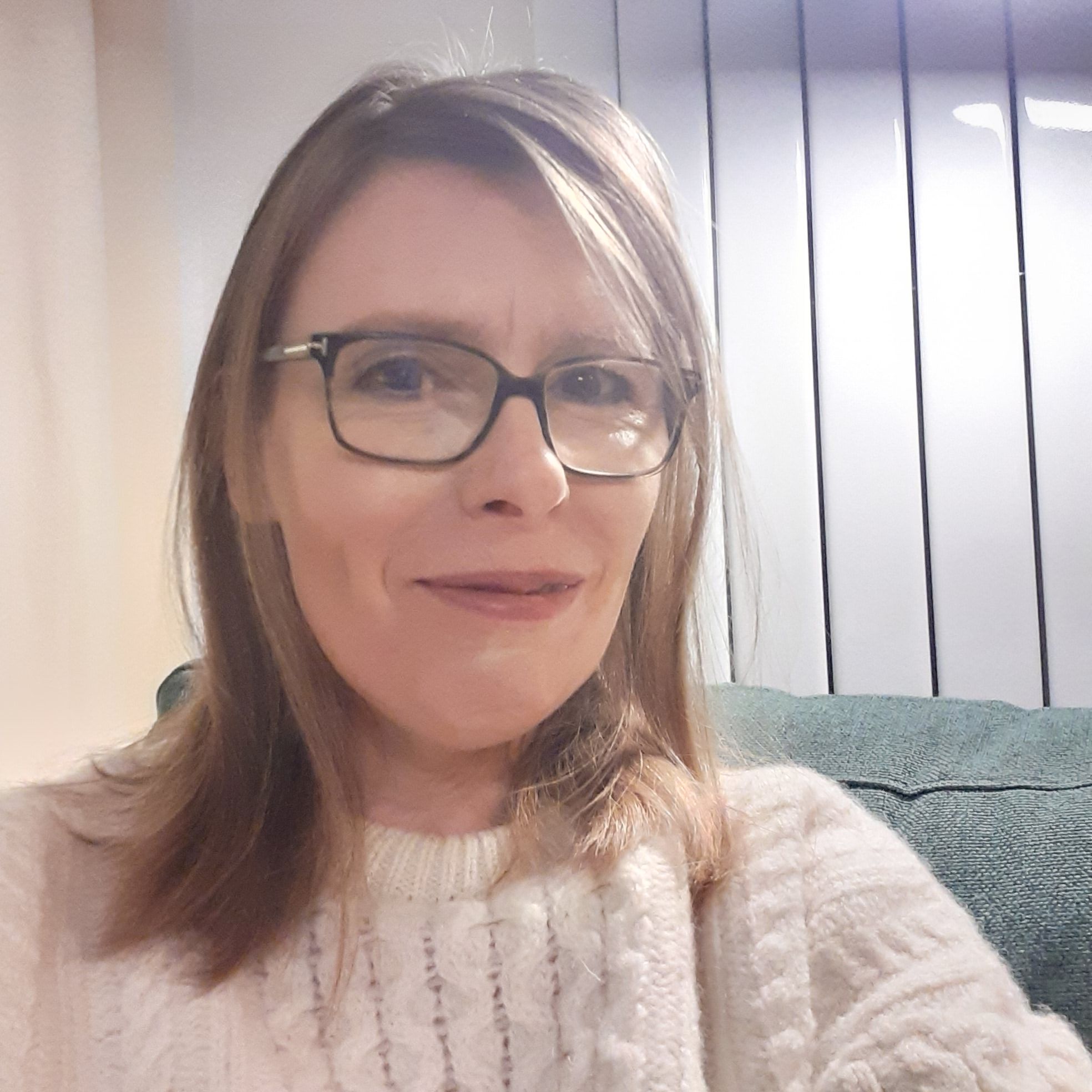
Vector ecologist focusing on the ecology, behavior, and control of mosquitoes transmitting malaria and arboviruses. She develops new vector surveillance and control tools with partners in malaria-endemic countries and has a long-term research partnership with the Ifakara Health Institute in Tanzania. Ferguson leads a One Health research program in Scotland studying the risk of zoonotic mosquito-borne diseases under various climate scenarios. She is a former Co-Chair of the WHO’s Vector Control Advisory Group and a current member of the Strategic Technical Advisory Group on Neglected Tropical Diseases.

Director of the Institute for Science, Innovation and Society (InSIS) and a Professor in the School of Anthropology at the University of Oxford. His research focuses on the use of scientific knowledge in global health and climate transitions. He has investigated the prevention and control of vector-borne diseases, including malaria in Tanzania, Burkina Faso, and Venezuela, and Aedes aegypti reduction programs in Brazil. He currently directs the Diseased Landscapes project, exploring the links between leishmaniasis, environmental change, and political conflict in Colombia. Javier is particularly interested in the factors enabling community-led responses to vector-borne risks.

Passionate about capacity building, equitable collaborations, and promoting a diverse and inclusive research environment, Maia is a medical entomologist with a one-health background specialized in malaria vector control, vector biology and ecology. She is currently working with the BOHEMIA consortium as the entomology work package leader and Kenya country PI of a cluster randomised controlled trial evaluating ivermectin mass drug administration for malaria control in Kenya. Furthermore, she works to develop MALDI-TOF MS as a new surveillance tool for malaria vectors.

Medical entomologist specialising in the bio-ecology and physiology of disease vectors such as Anopheles and Aedes aegypti mosquitoes. He has more than 20 years’ experience working on innovative methods to control mosquitoes, specialising in large-scale rearing and deployment. As the Director of Engineering and Projects, his main focus is to develop and build capacity for national rollout to control mosquito-borne diseases.

Jennifer Stevenson collaborates with the Ifakara Health Institute in Tanzania, focusing on evaluating new vector control products. Since 2005, she has gained extensive experience in establishing and managing lab, semi-field, and field studies, as well as large-scale community trials in Tanzania, Zambia, Kenya, and Uganda. She has also developed vector control guidelines and guidance for countries in collaboration with WHO, Geneva. In addition to evaluating practical control tools, her research centers on understanding transmission drivers, supporting control and elimination efforts, describing vector bionomics, and assessing mosquito responses to interventions. Jennifer is dedicated to fostering mutual learning and development among collaborators and teams, and to developing sustainable systems for programmatic vector control and monitoring of vector-borne diseases and mosquito dynamics.


